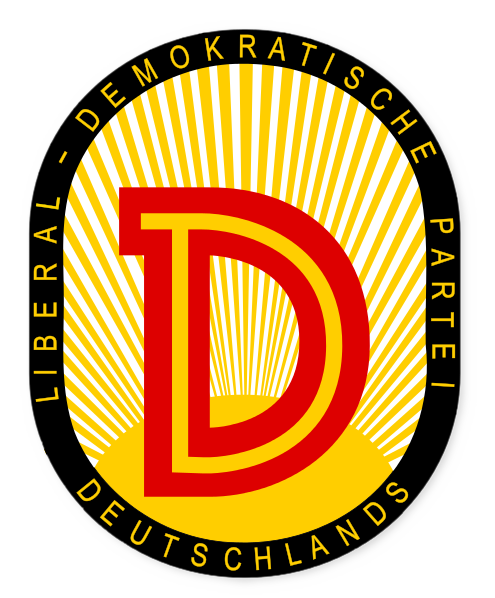Marlene Heihsel
Completed associated PhD project
Funded by the Friedrich Naumann Foundation for Freedom
As a bloc party under the regime of the SED (Socialist Unity Party of Germany) in the GDR, the Liberal Democratic Party of Germany (LDPD) only had a small scope for an independent political identity and programme. The party’s primary function (just as the other bloc parties and mass organisations), was to convey the social, economic and cultural aims of SED policy to the middle class as its main clientele and to integrate them into the dominant ideology of the SED. Despite this central function of transmission, the LDPD retained the reputation of being an economic party concerned with the interests of the middle class – although the party leadership had always followed the SED's course since the late 1950s. This benchmark as an economic party is surprising, not least regarding the fundamental contradiction between the market economy as a structural element of classical liberal economic policy and the planning economy as a political economy of socialism.
This discrepancy between the public reputation as an economic party and the economic programme of the LDPD, which corresponds to the ideologised SED economic policy, was the starting point for the thesis. The focus was on the GDR district of Erfurt, a traditional business location for medium-sized businesses. The thesis focused on the lower levels of the party hierarchy – the local and regional as well as the district organisations of the LDPD in Erfurt (Orts-, Kreis-, Bezirksverband). Here, local politicians had the possibility to deal with concrete economic questions: they were concerned directly with the reality of life – and not with the questions of great politics and ideology. The SED sent the bloc parties there in their function as a transmission belt to solve everyday problems in accordance with prevailing ideology.
The key question was whether there was room for autonomous liberal concepts and initiatives at the regional level (within the framework of the prevailing planning economy) – and whether this scope was used. To what extent could one deviate from the SED line, and was this done? In addition to a review of the ‘liberal’ regional policy, this paper can also be used to gain insights into the consolidation of leadership and monopoly position as well as into the practice of controlling and guiding the SED’s dictatorship.
The doctoral thesis was affiliated with the comprehensive research project ‘The Socialist Multi-party System in the GDR: Functions and Limits of Bloc Policy. Analyses with Special Emphasis on the LDPD’ of the Hannah Arendt Institute for Totalitarian Research, Dresden (coordination: Dr Thomas Widera).
Marlene Heihsel successfully completed her dissertation at the University of Potsdam on May 20, 2021.
To read more see the news (in german) at the ZZF website.

